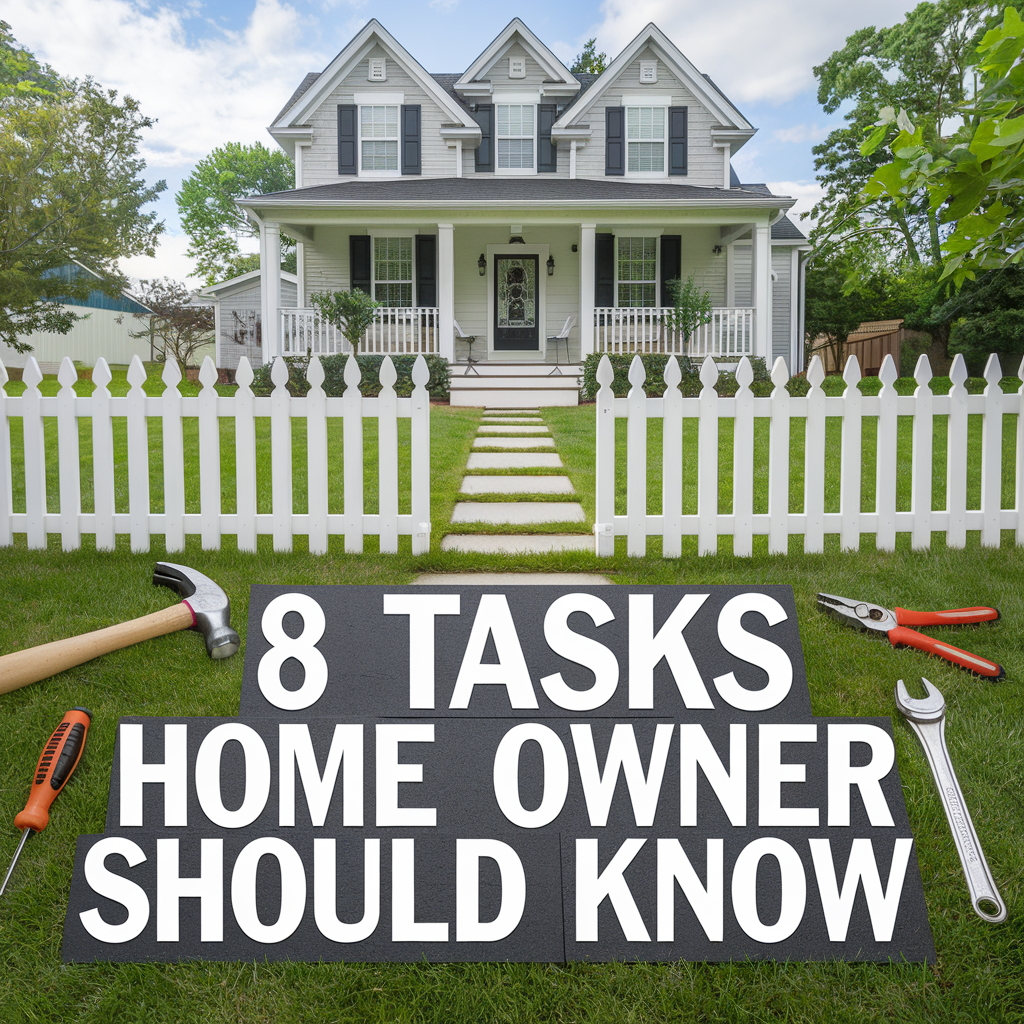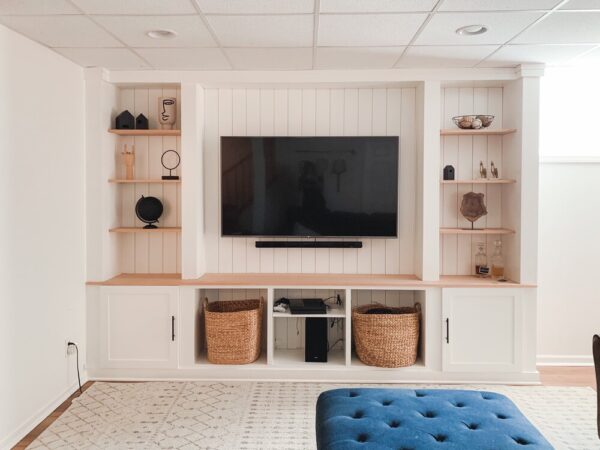
Homeownership can be exciting, but it can also be expensive. With the right tips and tricks, however, you can save money and still enjoy the benefits of owning a home. In this blog post, we’ll share 10 money-saving tips for homeowners that will help keep your costs down without sacrificing quality.
1. Shop around for insurance
Homeowners insurance can be a significant expense, but it’s also a necessary one. To save money on your insurance, shop around and compare prices. You might be able to find a better deal by switching providers or bundling your home and auto insurance.
You can also consider increasing your deductible to lower your monthly premiums. Just make sure you have enough savings to cover the deductible in case of an emergency.
2. Install a programmable thermostat
Heating and cooling your home can be expensive, but a programmable thermostat can help you save money by automatically adjusting your home’s temperature when you’re not there. You can set it to turn down the heat or AC during the day when you’re at work and have it turn back on before you come home.
Some programmable thermostats even learn your habits and adjust the temperature accordingly, so you don’t have to worry about programming it yourself.

3. Buy energy-efficient appliances
Energy-efficient appliances may be more expensive upfront, but they can save you money in the long run by using less energy and lowering your utility bills. Look for appliances with the Energy Star label, which indicates that they meet energy efficiency guidelines set by the Environmental Protection Agency.
You can also save money by using appliances strategically. For example, using your dishwasher and washing machine during off-peak hours when energy rates are lower can help you save money on your utility bills.
 https://richmoneymind.com/10-insider-tips-for-buying-a-home-for-less-money/
https://richmoneymind.com/10-insider-tips-for-buying-a-home-for-less-money/
4. Conduct regular maintenance
Regular maintenance can help you avoid costly repairs down the line. For example, changing your furnace filters regularly can improve your furnace’s efficiency, which can lower your energy bills.
Keeping your gutters clean can also prevent water damage to your home’s foundation, which can be expensive to repair.
5. Use DIY solutions when possible
Some home repairs are easy to do yourself, such as painting a room or fixing a leaky faucet. By doing these repairs yourself, you can save money on labor costs.
However, it’s important to know when to call in a professional. Attempting to do complex repairs yourself can lead to costly mistakes and potentially hazardous situations.
6. Use coupons and discounts
When shopping for home goods or services, look for coupons and discounts. You can often find coupons for home improvement stores, and many service providers offer discounts for first-time customers or referrals.
Before making a purchase, do some research to see if there are any available coupons or discounts that can help you save money.
7. Consider a home warranty
A home warranty can help you save money on unexpected repairs by covering the cost of repairs or replacements for covered items. Home warranties can cover anything from your HVAC system to your appliances, and they typically cost a few hundred dollars a year.
Before purchasing a home warranty, make sure you understand what is covered and what is not. Some warranties have limitations and exclusions, so it’s important to read the fine print.

8. Rent out a room
If you have an extra room in your home, consider renting it out on Airbnb or a similar platform. Renting out a room can help you earn extra money to put towards your mortgage payments or other expenses.
Just make sure you understand the legal and tax implications of renting out a room before you start.
9. Use home equity
If you’ve built up equity in your home, you can use it to pay for home improvements or other expenses. You can take out a home equity loan or line of credit, which typically have lower interest rates than other types of loans.
However, it’s important to be careful with home equity loans. If you can’t make your payments, you risk losing your home.
10. Don’t overspend on renovations
Renovating your home can be a great way to increase its value, but it’s important to be smart about how much you spend. Overspending on renovations can mean you won’t recoup your investment when you sell your home.
Focus on renovations that will give you the biggest bang for your buck, such as updating your kitchen or bathrooms, and try to keep costs under control.
Conclusion
Owning a home doesn’t have to break the bank. By following these money-saving tips, you can enjoy the benefits of homeownership without sacrificing your budget.
As an Amazon Associate we earn from qualifying purchases through some links in our articles.



